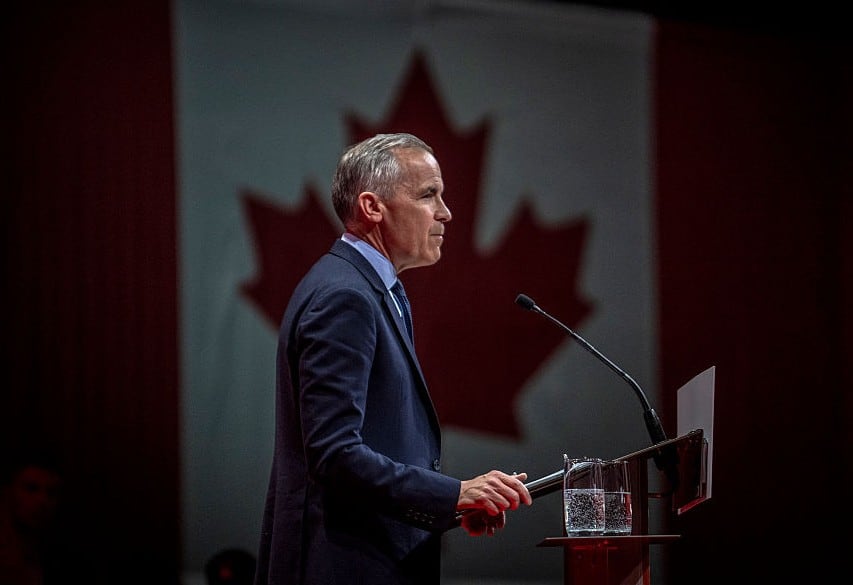Canada has signaled a profound shift in its foreign policy, announcing its intention to formally recognize the State of Palestine, aligning with recent moves by France and the United Kingdom. This pivotal decision, revealed by Prime Minister Mark Carney, underscores a growing international consensus amidst escalating humanitarian concerns in the region and aims to bolster prospects for a lasting two-state solution.
The Canadian government’s position is not without conditions, fundamentally hinging on the demonstrated commitment of the Palestinian Authority. Specifically, Prime Minister Carney emphasized the necessity for Mahmoud Abbas, the President of the Palestinian Authority, to ensure democratic elections in 2026, crucially excluding the participation of the Hamas group, and to embark on significant demilitarization efforts.
This strategic engagement by Canada is rooted in a desire to foster a deeply transformed governance structure within a future Palestinian State. Carney highlighted the imperative for the Palestinian Authority to implement structural reforms aimed at promoting efficient and truly democratic administration, which is seen as vital for the stability and self-determination of the Palestinian people.
The announcement also reflects profound concern over the deteriorating conditions in Gaza, with Prime Minister Carney explicitly addressing the ‘intolerable levels’ of human suffering. He noted the tragic loss of tens of thousands of Palestinian lives and the severe risk of famine, directly accusing Israeli authorities of impeding the flow of essential food and medical supplies, reinforcing the urgency of a comprehensive peace initiative.
Further solidifying Canada’s diplomatic stance, Foreign Affairs Minister Anita Anand underscored the nation’s steadfast commitment to a two-state solution. This aligns with broader international efforts, including a recent New York conference where ministers convened to advance the vision of two sovereign nations coexisting in peace and security, a cornerstone of global diplomatic efforts for the region.
Canada’s move follows a significant shift among Western powers, notably France and the United Kingdom, who have recently taken similar steps towards Palestine recognition. This growing trend among nations, including 147 of 193 UN member states already recognizing Palestine, signals a potential recalibration of international pressure and diplomatic strategies regarding the Israeli-Palestinian conflict.
However, this international momentum faces strong opposition from Israel, which views such external impositions as detrimental to its security. Israeli officials, like Moed, have articulated that granting international legitimacy in this context could be perceived as rewarding Hamas, asserting that any agreement must include robust security guarantees for the Israeli people, framing it as an attempt to force an agreement without vital safeguards.
The collective actions of Canada, France, and the UK introduce a complex dynamic to the ongoing quest for Middle East peace. While proponents argue these recognitions could empower moderate Palestinian leadership and pave the way for a viable state, critics contend they may complicate negotiations, emphasizing the need for direct talks and security assurances for all parties involved in resolving the protracted conflict.






Leave a Reply